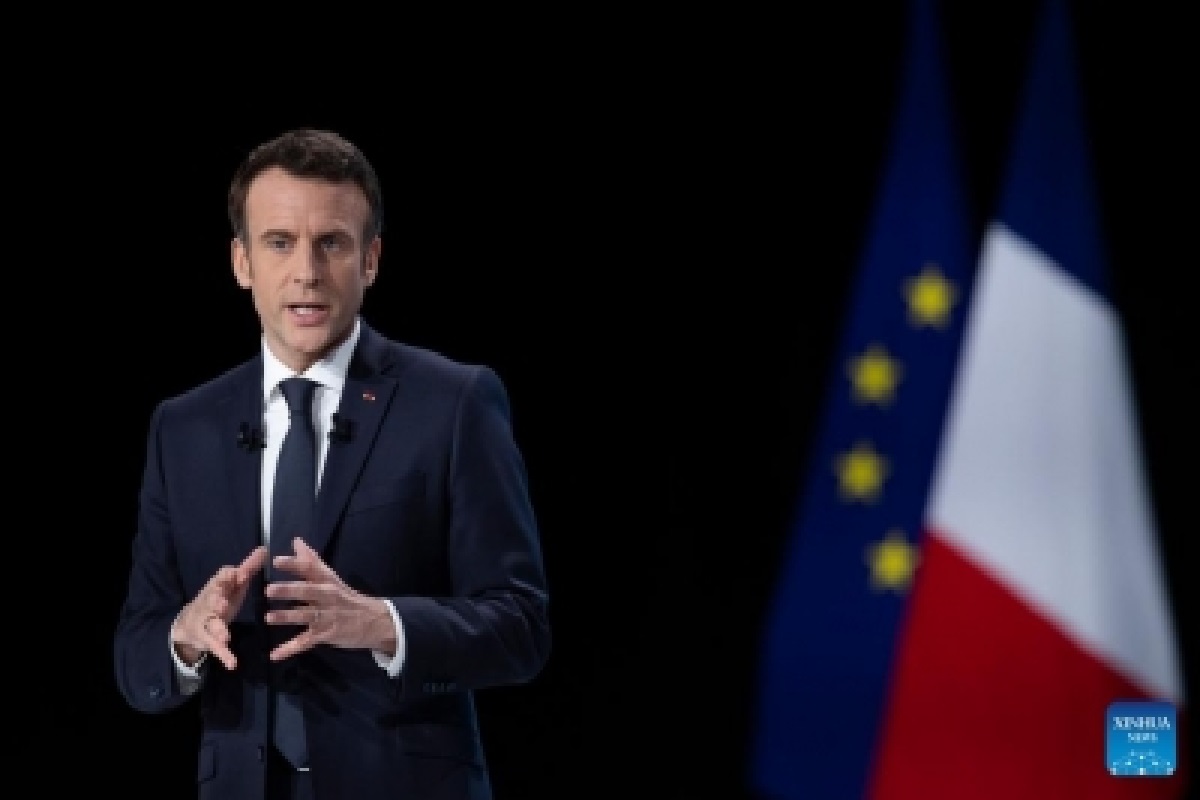The President of France, Emmanuel Macron, who had largely sidelined Parliament during his first term, has now lost his absolute majority in the Lower House. Arguably, this will compel him to strive for a compromise with a reinvigorated Opposition. His centrist coalition secured 245 seats in the 577-member National Assembly. President Macron had earned the nickname Jupiter in his first term for his top-down governing style, using the full powers of France’s executive branch and largely ignoring Parliament. However, the spectacular gains by Opposition groups are likely to force Mr. Macron to regularly seek compromise in his second term, making it more difficult to push his domestic agenda through a reinvigorated Lower House and deeply changing a political landscape dominated by the presidency for the past two decades.
Having lost an absolute majority in the National Assembly, the lower and more powerful house of Parliament, Mr. Macron ~ who was often referred to as a “Republican monarch” ~ must of necessity now cajole his coalition partners and win over opposition lawmakers, particularly in the centre right. He will also face stiff challenges from resurgent leftist and far-right forces who have vowed to block his legislative agenda, fueling fears of prolonged political obstruction. Mr. Macron’s centrist coalition finished first overall in nationwide voting on Sunday, with 245 seats, but it fell far short of the absolute majority that it enjoyed in the 577-seat National Assembly during his first term.
Advertisement
The results came two months after Mr Macron was re-elected to a second term in a runoff against the far-right leader,Marine Le Pen. Many voters, especially on the left, supported Mr.Macron simply as a way to keep Ms Le Pen out of power. But he did little in recent weeks to woo them, appearing disengaged from the legislative campaign and even going to Eastern Europe to visit French troops and express support for Ukraine. Instead, a left wing alliance, led by Jean-Luc Melenchon, the leader of the hard-left France Unbowed party, came in second place, with 131 seats. And Ms. Le Pen’s far-right National Rally took a record number of seats for the party (89), in contrast to the handful it held previously. Mr Macron’s bet, which was to coast along with institutional logic and tell himself that the French would give the elected President a majority, has failed.
Prospects are still uncertain after the elections, which produced a complex and fragmented verdict. Traditionally, in legislative elections held soon after the presidential ballot, voters have given the newly elected President a political mandate by giving him a majority in the National Assembly. At the same time, the left and the far-right share little in common, making a united anti-Macron front all but impossible. There are deep fissures even among the left-wing parties that make up Mr.Mélenchon’s alliance, over issues like France’s nuclear policy or its place in the European Union, that could prevent coordinated moves on critical issues. Before he is able to don the hat of Europe’s statesman, Mr Macron will have to up his game as a French politician.
